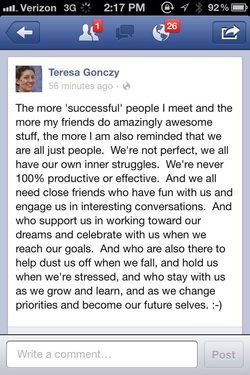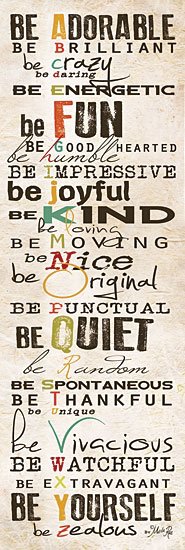Reading fiction seems to increase empathy, possibly because of becoming emotionally engaged with characters, allowing the reader to experience different ways of being and different mental states. Neuroscience has shown that reading about a specific experience (smelling perfume, kicking a ball) can cause a reader's brain to fire similar neurons as actually doing the experience in real life. "And there is evidence that just as the brain responds to depictions of smells and textures and movements as if they were the real thing, so it treats the interactions among fictional characters as something like real-life social encounters." from The Neuroscience of Your Brain on Fiction
Most of the reading studies specifically on empathy have been done with adults.
* Bal & Veltkamp experiments showed that if readers are emotionally transported by the story, they tend to show more empathy after reading - How Does Fiction Reading Influence Empathy? An Experimental Investigation on the Role of Emotional Transportation
* Dan Johnson's experiments have shown similar results - Transportation into a story increases empathy, prosocial behavior, and perceptual bias toward fearful expressions
* Mar & Oatley did a correlational study showing the more fiction a person reads, the better they are at perceiving emotion in the eyes and picking up on social cues, even when they controlled for personality openness and other characteristics - Page on Ucla
One study by Mar et al done with children involves an aspect of empathy called theory-of-mind, or the ability to understand that different people can have different preferences and perspectives. For example, one type of theory-of-mind experiment involves a child and an experimenter with two bowls between them - one of cookies (or similar food that the child enjoys) and one of broccoli (or similar food that the child does not like as much). The experiment looks at whether the child will give cookies or broccoli to the experimenter after the experimenter has shown that they prefer broccoli over cookies - namely, can the child understand that another person has different preferences, that the other person has a different type of mind? Before 18 months old, babies typically give the experimenter cookies, showing that they did not have developed much theory-of-mind yet, Starting around 2 years old, many toddlers have started to understand others' states of mind better, and will often give broccoli to the experimenter. Theory-of-mind continues to develop throughout childhood (and even into adulthood).
What Mar, Tackett, & Moore found was that even after controlling for age, gender, vocabulary, and parental income, preschoolers's exposure to storybooks predicted their theory-of-mind abilities. Page on Www
So while there are not an abundance of studies on reading & empathy in young children, the studies in adults and the one study with preschoolers do seem to suggest that reading fiction, including storybooks, enhances empathy development in children.
An interesting aspect to look at in further studies would be the influence of the parent/adult's interaction with the child during the reading of the story. Is it just the story itself that enhances empathy? Or is empathy also enhanced by the parent talking with the child about the characters, helping to explain how the characters feel and why they react the way they do in the story. Dr. Mar conjectures that parent-child conversations about different mental states may help with the development of theory-of-mind.
If you are looking to increase empathy in your child, this webpage Teaching Your Child Empathy has some tips and advice, including reading! (Plus more empathy in children study references at the bottom of that webpage)


 RSS Feed
RSS Feed
